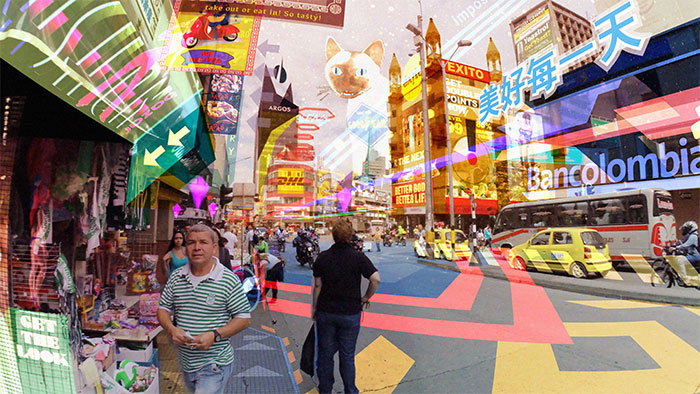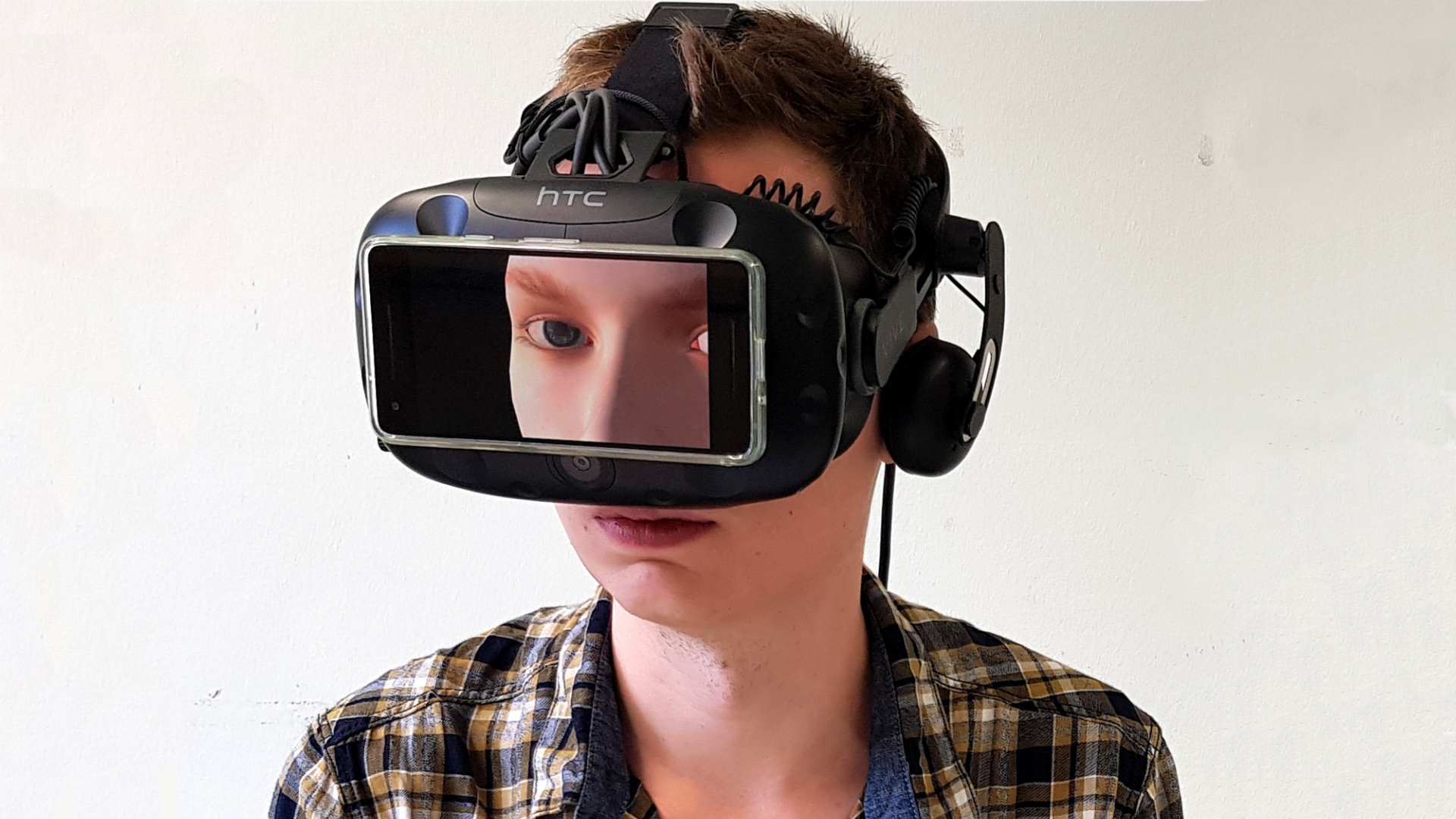
In recent years, Mixed Reality (MR) headsets have increasingly made advances in terms of capability, affordability and end-user adoption, slowly becoming everyday technology. HCI research typically explores positive aspects of these technologies, focusing on interaction, presence and immersive experiences. However, such technological advances and paradigm shifts often fail to consider the ``dark patterns'', with potential abusive scenarios, made possible by new technologies
(cf. smartphone addiction, social media anxiety disorder). While these topics are getting recent attention in related fields and with the general population, this workshop is aimed at starting an active exploration of abusive, ethical, social and political scenarios of MR research inside the HCI community.
With an HCI lens, workshop participants will engage in critical reviews of emerging MR technologies and applications and develop a joint research agenda to address them.
Workshop Date and Location
Date: Sunday, April 26th
Time: 9am - 5pm
CHI 2020
Room: 318B
Call for Participation
We invite submissions of position papers (up to 4 pages excluding references, CHI extended abstract format) that explore the potential misuse and abuse of Mixed Reality technology, envisioning scenarios that raise ethical,
social and political concerns regarding the use of MR headsets.
Position papers should in particular consider the influence of, and role of, the HCI community - where might we inadvertently contribute to this issue, and how might we avert or safeguard anticipated abuses?
Exemplar scenarios might come from within the field of, but are not limited to:
- Augmented and Altered Reality
- Alternate Virtual Realities
- Risky Experiences
- Criminal Acts
- Equality and Accessibility
- Privacy
Participants are strongly encouraged to consider where their scenario fits, if at all, within the descriptive framework regarding the Ethics of XR by Bye [1], and state any questions/
topics of their own particular interest in this domain for the moderated discussion at the workshop.
Submissions are not expected to be finished research projects but should be seen more as a motivational and provocative piece.
Participants will be invited to discuss their paper as part of the poster sessions.
The workshop organizers aim for a mix of participants in terms of experience and research topics to maximize diversity of interests and viewpoints at the workshop.
Please note that one author of each accepted position paper must attend the workshop, and it is unlikely we will be able to accommodate multiple authors per paper due to workshop size constraints.
All workshop participants must register for both the workshop and for at least one day of ACM CHI 2020.
*** Important Dates ***
Submission Deadline: February 11st 24th, 2020 (12pm (noon) PDT / 3pm EDT / 8pm BST)
Notification: February 28th, 2020
Workshop Date: April 26th, 2020
Video conference in reaction to pandemic: April 27th, 2020 (3pm CEST)
Submission via Easy Chair
In more detail:
- Augmented and Altered Reality
From augmenting the perception of self and others, to the impact of augmented intelligence and perception.
- Alternate Virtual Realities
Are there risks that in creating more immersive, perhaps even preferable, realities we will encourage isolation and withdrawal
(Harassment in VR)? What are the implications of re-creating reality? Might VR experiences lead to desensitization or dissociation?
- Risky Experiences
Given the ever increasing interaction, haptic and visual fidelity, what are the concerns when transposing existing graphic media (e.g. sexual content, violence, horror) and potentially addictive content (e.g. loot boxes) to MR?
- Criminal Acts
Criminal acts - What does count as virtual abuse and to what extent can we safeguard against virtual abuses of others, and hold abuses to account?
- Equality and Accessibility
Equality and Accessibility - Are those that don't own the bleeding edge AR headset at a meaningful disadvantage? Are we in danger of transposing the inequalities of reality to virtuality?
- Privacy
Potential misuse of stolen or leaked biometric data of the wearer (e.g. gaze tracking, skin response) but also collocated others (e.g. body tracking, facial recognition).
[1] Kent Bye, Diane Hosfelt, Sam Chase, Matt Miesnieks, and Taylor Beck. 2019. The Ethical and Privacy Implications of Mixed Reality (SIGGRAPH ’19). ACM. DOI: http://dx.doi.org/10.1145/3306212.3328138
Workshop Program
In reaction to the pandemic in 2020 the workshop is canceled.
On monday, 27th of april 2020 3pm (CEST), we will have a three hour Videoconference.
Accepted authors of the workshop are notified via EMail. Please reach out for us if you miss the chats' link.
We decided to do so, to provide a networking platform to strengthen the community challenging the arising issues for HMD usage.
We will apply with this workshop for CHI 2021, as the organisation commitee will favor already accepted workshops.
We hope to meet you all there and for now whish you all the best for your families, friends and all the other people around you.
Organizers
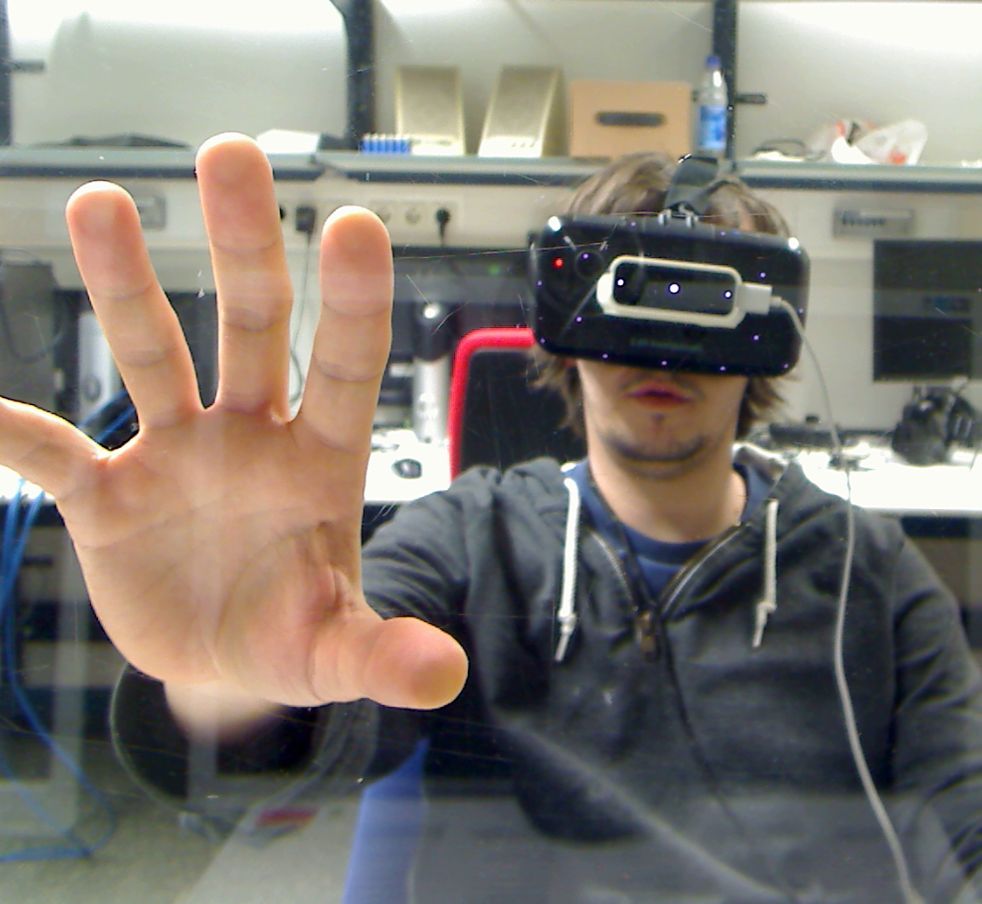
Jan Gugenheimer is a research associate at Ulm University and from January 2020 Assistant Professor at Télécom Paris.
His research focuses around upcoming social challenges for mixed reality technology and how to embed HMDs into the fabric of our daily lives.
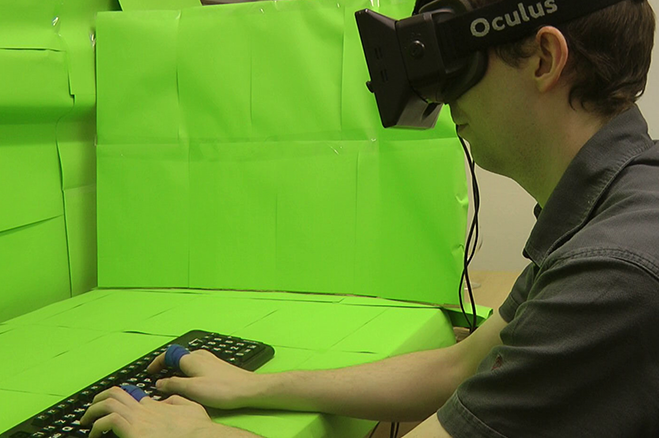
Mark McGill is a research fellow in the School of Computing Science at the University of Glasgow.
His research has explored shared at-a-distance VR experiences, VR locomotion, MR for passenger experiences, and the future of MR productivity.

Samuel Huron is an associate professor in Design at Institut polytechnique de Paris. His research has explored information visualization authoring, design methodology, and tangible interactions.
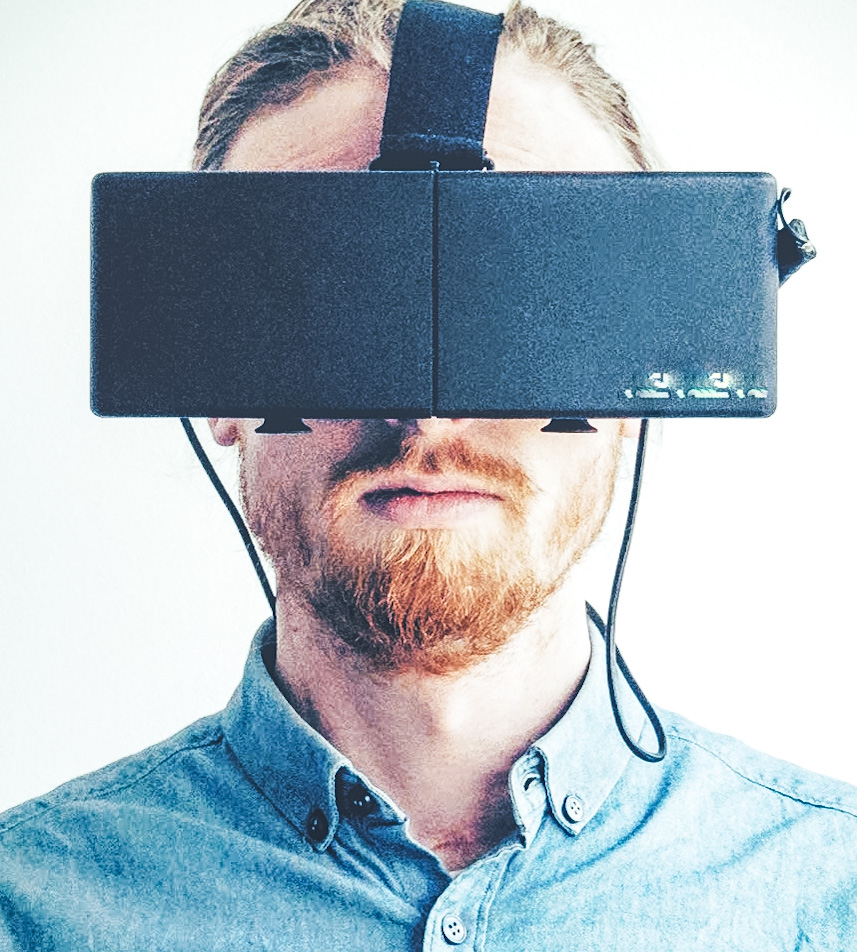
is a former research associate from the LMU Munich now dedicated to make mixed-reality systems a success. Using user experience design methods he approaches the problem space arising from the application of MR HMDs in everyday contexts.

Michael Nebeling is an Assistant Professor at the University of Michigan.
His research and teaching are focused on empowering more MR users to become designers; an example of this was his CHI'19 course.
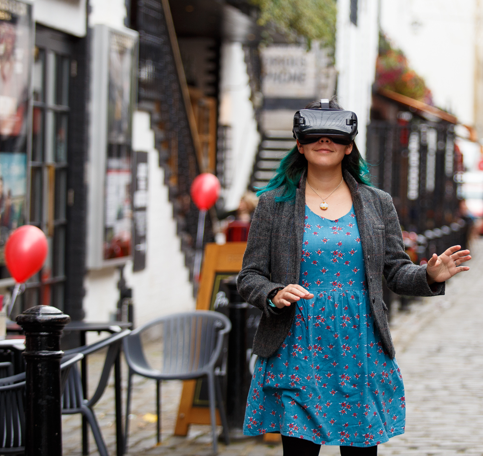
Julie Williamson is a lecturer in human computer interaction in the School of Computing Science at the University of Glasgow.
Her research focuses on interaction in public spaces, including non-planar displays, virtual reality, and tangible interfaces.
She is an expert in public evaluation and research on social acceptability of novel technologies.



